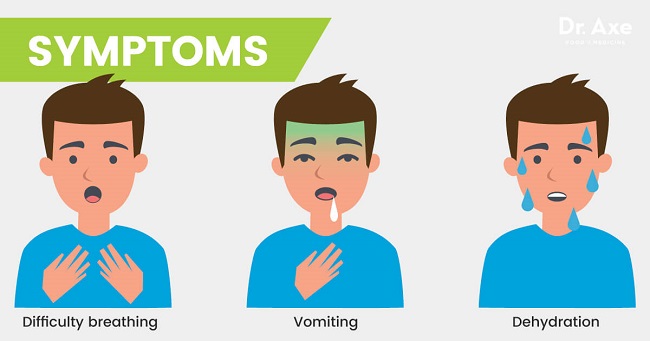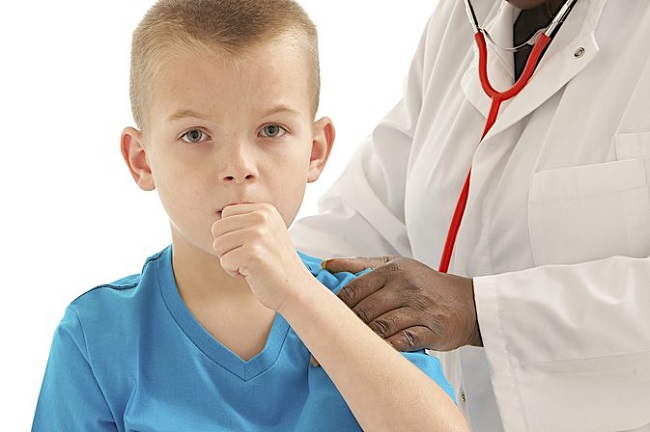If you thought this dreaded scourge of children was gone, then gear up for a rude shock because whooping cough is back with a vengeance. Hospitals are now warning that a “whooping cough’ epidemic is all set to hit US kids late in spring and parents should be ready to prevent or safeguard their children against it.
1Health officials warn of outbreak late spring
Advertisement
Whooping cough is also known as pertussis. Its fatality rate is one in 500 babies who are diagnosed with the disease. Every three to five years, the US sees an outbreak of whooping cough which rarely affects adults because of an available vaccine.

Image Source: ytimg.com
2Whooping cough is also known as pertussis
Advertisement
Whooping cough or pertussis is so named because of the distinct “whooping” sound made during coughing spasms because of the attempt to inhale after every cough which can take your breath away or even choke. Currently Georgia has reported an increase in cases while California hospitals are gearing up for the outbreak expected this year in late spring.

Image Source: draxe.com
3Whooping cough is very infectious
Advertisement
Whooping cough is highly infectious and is named after the whoop sound made by patients. While not so serious in adults, it can have complications if not treated which could then lead to conditions like pneumonia. In children and infants, whooping cough can have fatal results especially in those who haven’t received vaccinations.

Image Source: ashepostandtimes.com
4An unexplained outbreak every three to five years
Advertisement
Whooping cough or pertussis spikes every three or five years where the last outbreak in the US was in 2012. According to the CDC (US center for disease and prevention) website “whooping cough is a serious disease that can cause babies to stop breathing. You can help protect babies from whooping cough by getting your vaccine and making sure your baby gets vaccinated.”
More information can be derived from the website which explains how the disease if not nipped in the bud can be fatal because of complications of pneumonia and sometime choking or loss of breath.

Image Source: Livestrong.com